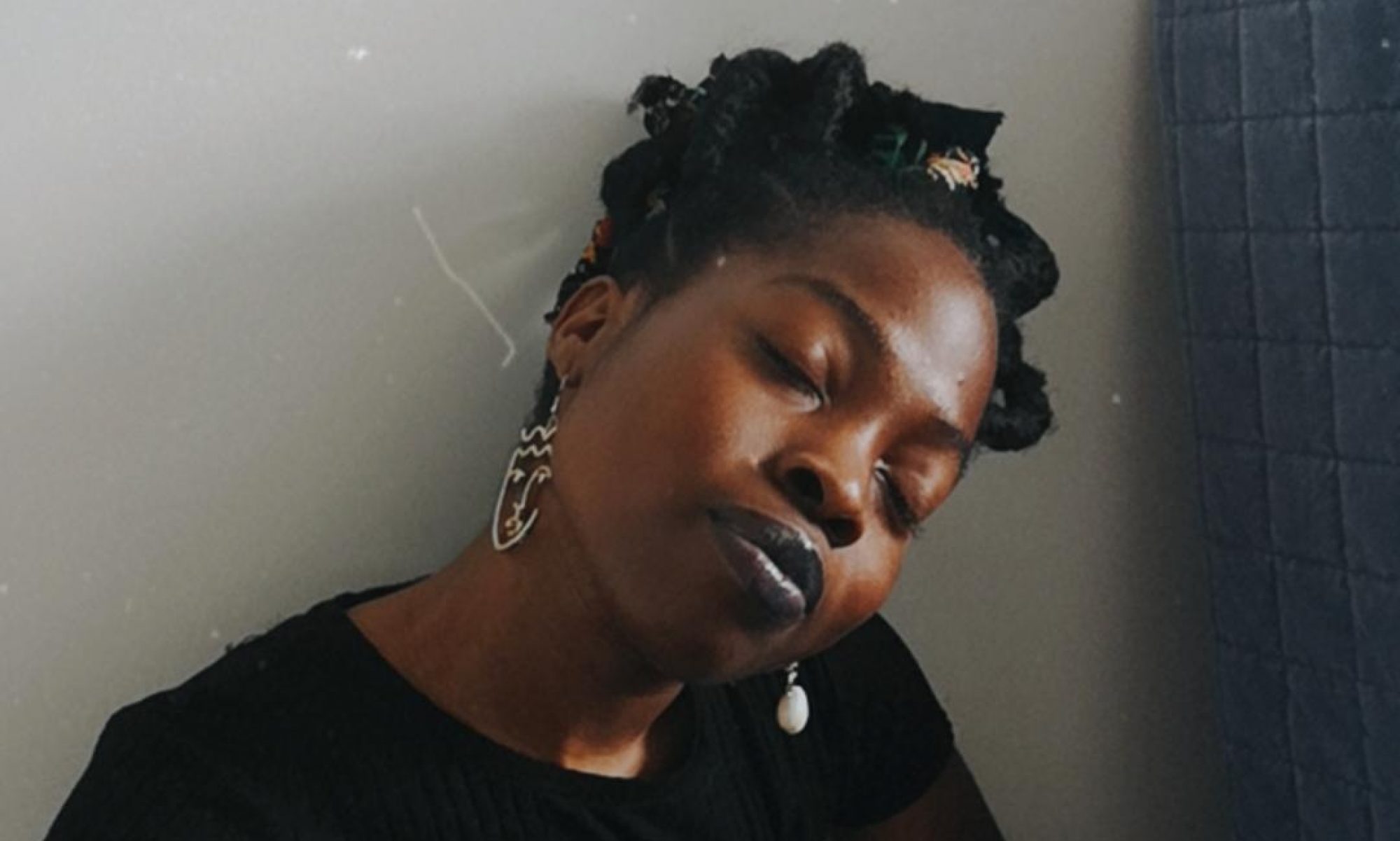Alarina- The Intermediary
A huge part of my practice is centred around embracing oratory practice and oral history as a form of reference in my research as, I noticed while reading more into Yorùbá culture that a lot of our history has been recorded in poetry or stories that are often repeated to generations.
I got into conversation with my dad about different ways we communicate as a people and mainly inquired about forms of communication that are particular to us. He then proceeded to tell me about the role of the Alarina. He explained that it was a cultural practice back in the day for families preparing to marry their children to have an Alarina. If Family A was preparing for marriage to Family D, Family A would hire an Alarina and this individual was responsible for finding out about Family D in order to report it back to Family A.
They did this in case there were any inconsistencies that could affect the child from Family A if they married into Family D. For example, are there health conditions they need to be aware about that could affect their children if they were to start a family? Does anyone in their family have any kind of prejudice towards something that the other family possessed and will it affect relationship development? -and other concerns as such.
If the Alarina ever found any red flags , it was the individual’s responsibility to report back to the family that sent him or her. Family A will then decide if they wanted to go forward with the marriage or betrothal, if they didn’t, they would decline or stop the engagement without giving reason to the children to preserve the other family’s honour.
After our conversation, I started thinking through what it would look like for Gele to be a messenger. What if it’s form when tied specifically spoke to certain issues in the diasporic environment? What will it look like for Gele to play the role of the Alarina.
My thesis exploration question morphed into this: How can the expression of my cultural identity be used as a tool for understanding how to relate better to stories on the black experience and the role of the diasporic environment in conversations about it?
And so what would it look like for Gele [as an expression of my cultural identity] to tell y diasporic environment issues that I have observed that it possesses with regards to black community development?
This is what I hoped to explore this summer.
